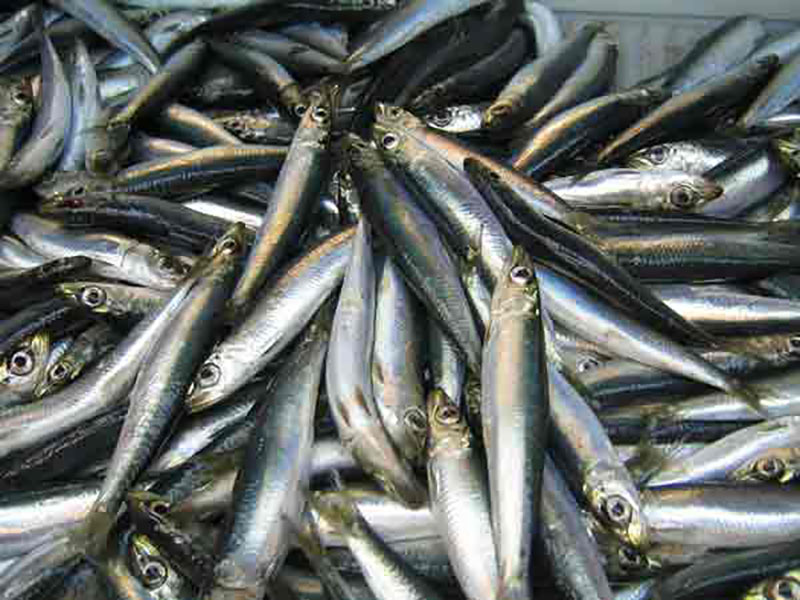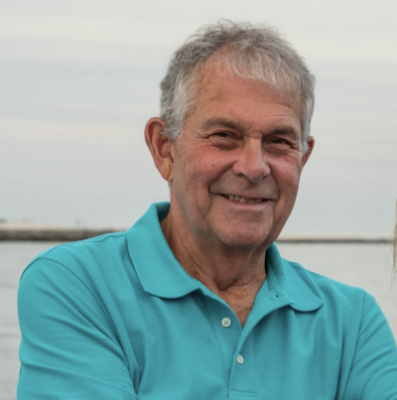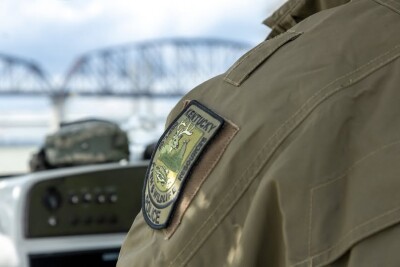Gulf of Maine fishermen are looking to appeal a federal judge’s reversal of an exclusion zone that keeps herring mid-water trawlers 12 miles offshore.
The March 4 ruling by U.S. District Court Judge Leo Sorokin in Boston could reopen some Northeast waters to mid-water herring trawlers, reversing the 2019 rule change that shut them out of a broad swath of the nearshore Atlantic from Long Island to the Canadian border.
“I’m urging everyone I can find in federal management, joined by allies who supported our effort, to appeal,” wrote John Pappalardo, executive director of the Cape Cod Commercial Fishermen’s Alliance, in the group’s online newsletter.
“There are ways to do that, to say that this one judge got it wrong, way wrong, and has no understanding of the oceans, our fishing community, or the devastating impact of his opinion,” Pappalardo wrote. “Stand by for more news on that.”
In November 2019 the National Marine Fisheries Service approved a measure by the New England Fishery Management Council to create an exclusion zone for mid-water trawling 12 miles offshore – with a bump out to 20 miles east of Cape Cod.
The Sustainable Fisheries Coalition, representing trawl operators, brought their appeal soon after to the federal court, arguing the New England council’s science advisors could not identify adverse impacts, and that trawling critics brought more influence to bear on the council and NMFS.
In his opinion Judge Sorokin wrote that the “localized depletion” concept put forth by those in opposition to the mid-water trawlers has not been adequately defined by NMFS, leading him to decide the exclusion zone decision violated National Standard 4 of the Magnuson-Steven Fishery Management and Conservation Act.
“The concept of localized depletion is simple, something everyone who … has ever fished sees and understands: Distinct areas, pounded by destructive gear and rapacious pressure, get fished out. They become barren until they are allowed to recover,” wrote Pappalardo, whose group played a big role in some 20 years of pressure to restrict mid-water trawlers.
“This is maddening. Besides ignoring all the other issues raised about the destructiveness of mid-water trawls like gear conflicts, stock assessments proving that herring has been reduced to a tiny fraction of historic numbers, a ruling like this sends a clear message to fishermen …’Your testimony, your years of experience and knowledge, is nothing but anecdote.’ ”
The prospect of a renewed fight over U.S. waters comes as Canadian fishermen brace for the impact of their federal government’s shutdown of herring in the Gulf of St. Lawrence, and Atlantic mackerel in Atlantic Canada and Quebec.
Fisheries and Oceans Canada had been restricting fishing in response to stock declines, but says urgent action now is required to head off collapse. As in the Gulf of Maine during herring restrictions, the decision is expected to eventually set off a scramble to secure lobster bait supplies.







